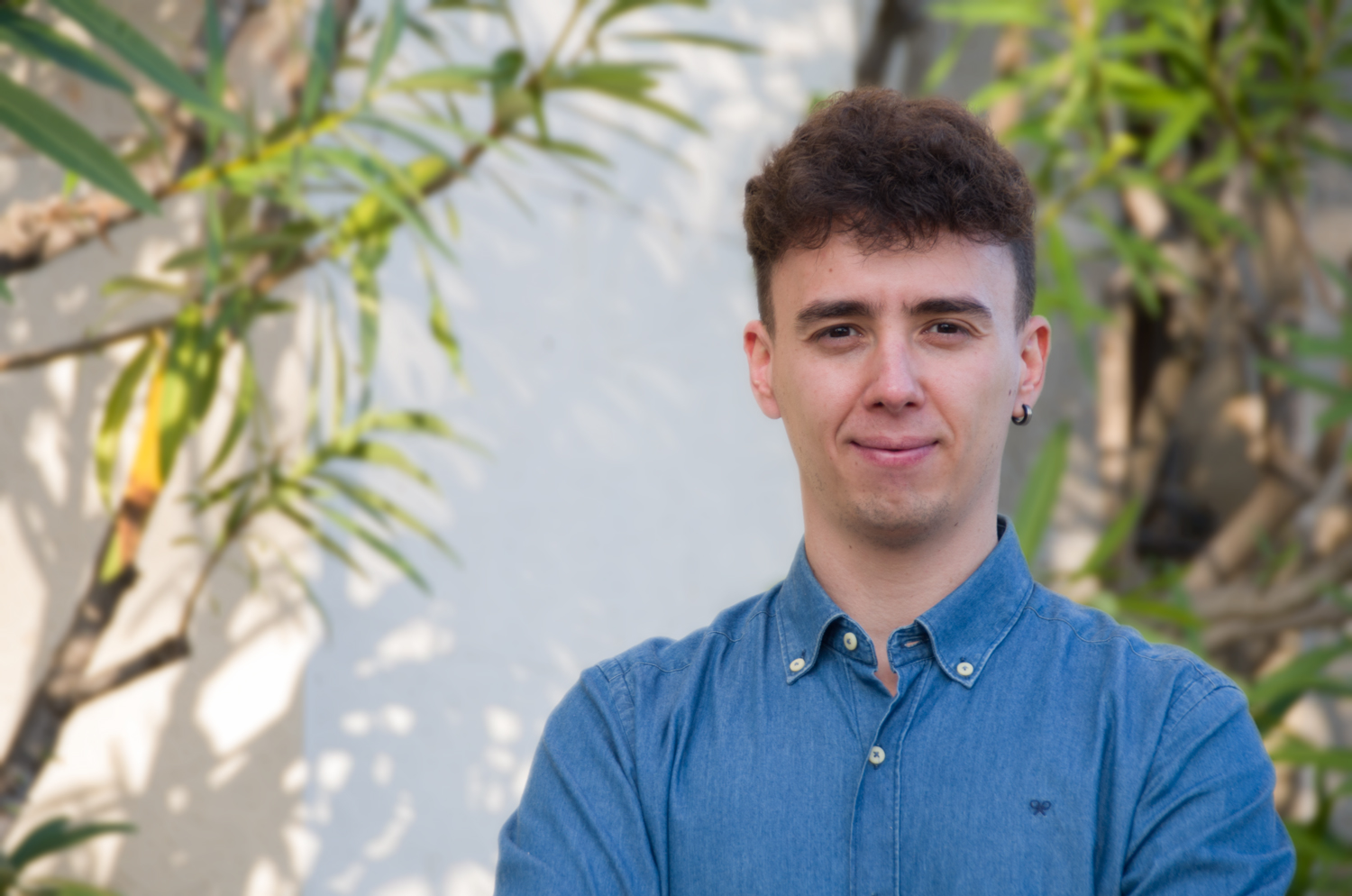Ion channels are essential players in physiology, underlying nerve impulse and the activation of a wide variety of biological processes in many cell types, including heart beating. Ion channels are protein complexes made up of a pore-forming alpha subunit associated with auxiliary regulatory beta subunits. It is well admitted that auxiliary subunits are specific to only superfamily of ion channel. Up to now, the well-known beta subunit KCNE1 was thought to associate exclusively with voltage-dependent cardiac potassium channels. But the PhD work of Pablo Ávalos Prado in the lab of Guillaume Sandoz at the iBV shifted our perception of ion channel complexes classification. He found that KCNE1 subunit can, in addition, serve as an auxiliary subunit of chloride channels. This came indeed as a big surprise challenging the current dogma, as these two superfamilies of ion channels are phylogenetically totally unrelated. To make the story even more important, Pablo also found that clinically relevant inherited KCNE1 polymorphisms, related to cardiac arrhythmia, abolished the ability of KCNE1 to modulate the chloride channel current properties, suggesting a link of this complex with human diseases. These astonishing findings were accepted in Cell, a serious career-booster for Pablo!
Icing on the cake, Pablo and Guillaume also addressed together a second story by elucidating the mechanism by which a mycobacterium toxin can induce pain relief through activation of potassium channels. This discovery opens the doors to the development of new analgesic molecules.
Pablo is a real Sevillian and studied there, first at Seville University, then at Pablo de Olavide University, where he obtained a Master’s degree in neurosciences and behavioral biology. That was the first step that brought him to Guillaume Sandoz lab where he finally learnt a very good French and became a “Doctor”! When he is not in the lab, Pablo is happy with a good hike, a guitar, a catching book or a basketball ball in his hands.
Pablo, what is your motivation at work?
I like learning new things, no matter if related to science or not. I consider this curiosity as the engine of my scientific motivation.
What could be the impact of your work for health?
I have the hope that the identification of these two ion channel – protein interactions will contribute to the treatment of cardiac arrhythmias and pain management.
Did you also enjoy other activities at the iBV or at the “Ecole Doctorale”?
Absolutely! I enjoyed working at the iBV and participating in some activities, especially the IBV days, where I had the opportunity to present my scientific work for the first time. I also liked the JEDNS days, it is always good to get in contact with other PhD student fellows. It is a pity that the current corona-situation did not allow us to meet this year.
What are your plans for the future?
I would like to expand my knowledge in neurophysiology so in the short/medium term I would like to carry on with research. Currently I am in a moment in which I like very much radio and communication media. I would not mind becoming the radio conductor of a scientific program someday!

